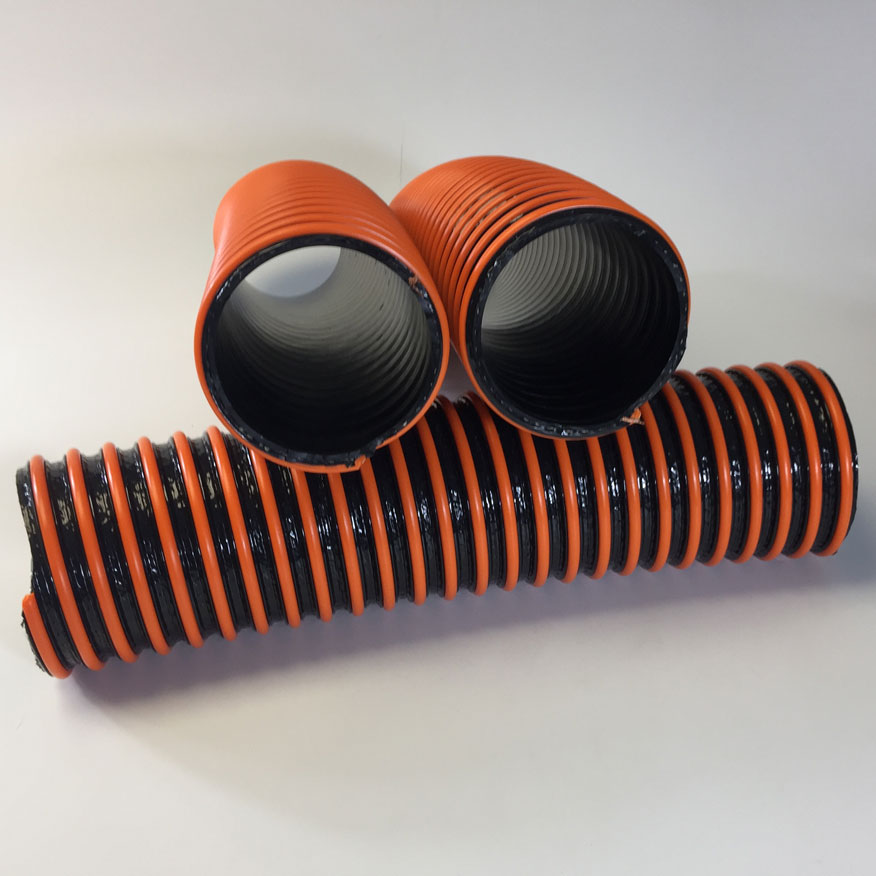Flexible LPG Hose Solutions for Safe and Efficient Gas Transportation
Understanding LPG Flexible Hoses Safety and Versatility
Liquefied Petroleum Gas (LPG) has become increasingly popular as a clean and efficient energy source, used extensively in heating, cooking, and various industrial applications. Integral to the safe transport and usage of LPG are flexible hoses, specially designed to handle the unique properties of this gas. In this article, we will explore the importance, applications, and safety considerations regarding LPG flexible hoses.
What are LPG Flexible Hoses?
LPG flexible hoses are specialized tubing designed to connect LPG cylinders to gas appliances, such as stoves, heaters, and grills. They are crafted from high-quality materials that can withstand pressure fluctuations and environmental conditions, ensuring a secure and durable connection. Typically, these hoses feature a rubber or synthetic rubber exterior, reinforced with woven materials to provide additional strength and flexibility.
Key Applications
The versatility of LPG flexible hoses makes them suitable for a wide range of applications. In residential settings, they connect grills to gas supply lines, allowing for seamless cooking experiences. In commercial kitchens, they serve to connect LPG gas cylinders to various cooking apparatuses, ensuring efficient energy use. Additionally, LPG flexible hoses are employed in industrial applications where LPG is used as a fuel source, facilitating safe gas delivery to machinery and heating systems.
Advantages of Using LPG Flexible Hoses
2. Durability High-quality materials used in manufacturing LPG hoses provide resistance to wear, weather, and UV exposure, enabling them to last longer under typical operating conditions.
lpg flexible hose

3. Safety Features Many LPG flexible hoses come equipped with safety features, such as burst resistance and flame-retardant properties, reducing the risk of leaks and enhancing user safety.
Safety Considerations
While LPG flexible hoses are designed for safety, it is essential to follow specific guidelines to ensure their proper use
- Regular Inspections Periodically check hoses for signs of wear, cracks, or leaks. If any damage is detected, replace the hose immediately.
- Proper Installation Ensure that hoses are installed by qualified professionals who understand the necessary standards and regulations. This helps prevent accidents caused by improper fittings or connections.
- Avoiding Overextension Do not stretch or bend the hoses excessively, as this can lead to damage and leaks. Always maintain the manufacturer's recommended operating conditions.
- Use Approved Hoses Only employ hoses that meet industry safety standards. Look for certifications from recognized bodies, which can provide assurance of quality and safety.
Conclusion
LPG flexible hoses play a crucial role in the safe and efficient use of liquefied petroleum gas across various applications. Their design allows for flexibility and durability, making them a preferred choice for both residential and industrial uses. However, adhering to safety measures and conducting regular inspections is vital to ensure that these hoses function safely and effectively over time. By understanding the importance of LPG flexible hoses, users can enjoy the benefits of LPG while minimizing risks, ultimately harnessing this clean energy source in a safe manner.
-
Unrivaled Performance and Applications of PU Pneumatic Hoses and TubesNewsJun.11,2025
-
The Transparent World of Industrial Tubing and Hosing SolutionsNewsJun.11,2025
-
The Intricate World of Pneumatic Conduits: Tubes and HosesNewsJun.11,2025
-
The Dynamic Landscape of Pneumatic Conduits: Unraveling Key ComponentsNewsJun.11,2025
-
The Diverse Applications and Significance of Transparent PVC TubingNewsJun.11,2025
-
High - Pressure Pneumatic Tubing and Systems: An In - Depth LookNewsJun.11,2025














